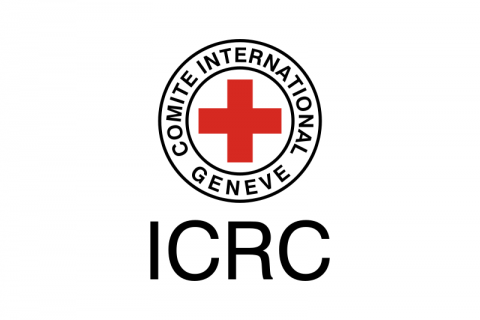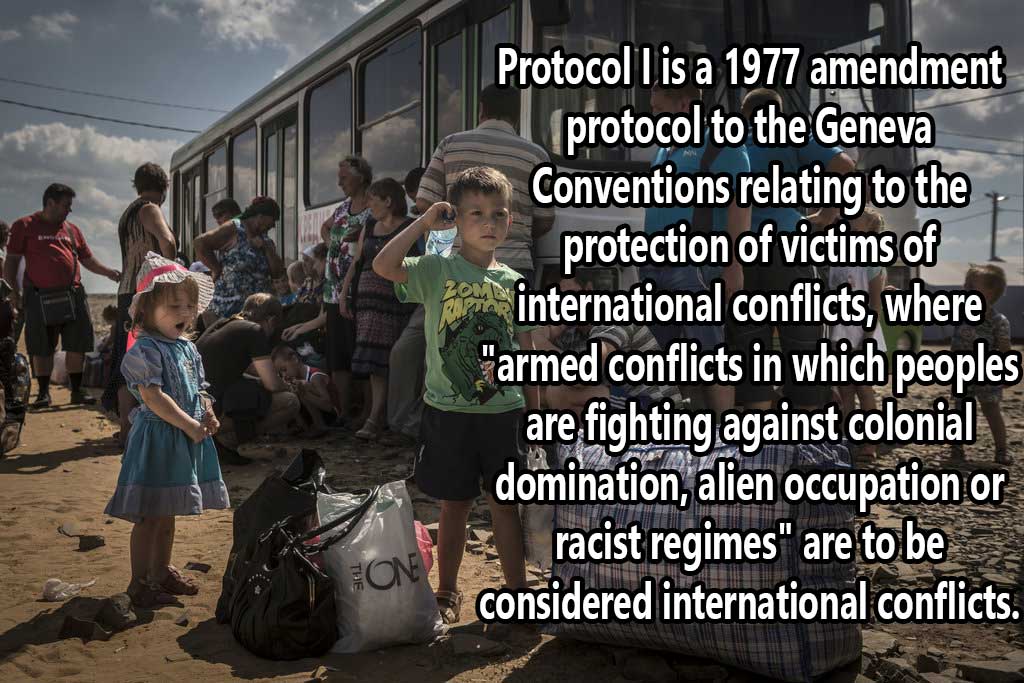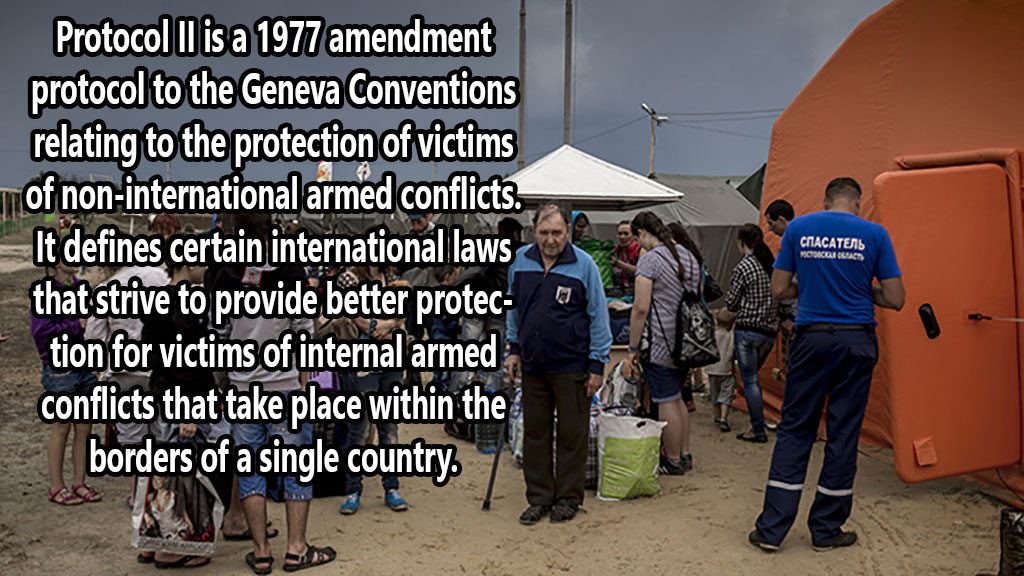The International Committee of the Red Cross was founded in 1864. Afterwards conventions took place where international law was determined. The Geneva Conventions consists of four conventions that was put together in Geneva, Switzerland to regulate standards concerning international humanitarian law. These laws hold people around the world accountable for, among other things, crimes against humanity. It determines for example that soldiers are not allowed to fire at ambulances and how a group or organization can manage an emergency plan in times of a major crisis. Such an organization is called a ‘Civil Defence Organization’. The Suidlanders is a Civil Defence Organization in terms of International Humanitarian Law.


If the Suidlander organization suffers damage in any manner from enemy forces, we will be able to claim the protection that this law provides. The specific laws that applies is contained in the Protocol Additional to the Geneva Conventions of 12 August 1949, and relating to the Protection of Victims of International Armed Conflicts (Protocol I), 8 June 1977 and also Protocol Additional to the Geneva Conventions of 12 August 1949, and relating to the Protection of Victims of Non-International Armed Conflicts (Protocol II), 8 June 1977 with specific focus on article 60 to 69 of Protocol I. It has certain implications concerning actions of armed forces against citizens. Suidlander management have studied these laws and garnered the advice of many experts from around the world to create an emergency plan for times of full scale anarchy.
We consulted international law professionals at the University of South Africa, independent consultants in Geneva, Switzerland, the International Committee of the Red Cross and the independent genocide watchdog Genocide Watch. From this we were able to create an emergency plan that would suit the laws within the above mentioned Conventions. Remember, if you adhere to the South African traffic rules it does not mean you agree with or are an affiliate of the South African Government. The Suidlander Emergency plan is simply obeying the law. It does not mean we are affiliated with or are working for any international bodies or organizations. The requirements of a Civil Defence Organization needs to be adhered to by all the participating members of the national emergency plan.

To qualify as a Civil Defence Organization we are restricted to the following actions (https://ihl-databases.icrc.org/ihl/INTRO/470):
- Warnings
- Evacuations
- Management of temporary shelters
- Management of collapsing infrastructure
- Life-Saving
- Medical services including first aid
- Firefighting
- Identifying and marking dangerous areas
- Disinfecting and similar safety measures
- Supplying emergency accommodation and supplies
- Emergency Management and restoring order to crisis stricken areas
- Assisting in the maintenance of infrastructure essential to survival
- Handling the dead
- Assisting in the maintenance of important resources
- Addisional activities required to do any of the above mentioned tasks – including but not limited to planning and organizing.
Adhering to the above mentioned rules will give the Suidlanders the right to use the internationally recognized symbol of a civil defence organization. (See ‘Our Emergency Plan‘) In the future the Suidlanders will maintain its Civil Defence Organization status by adhering to the following rules:
- All Suidlander personnel and units are permanently and exclusively dedicated to the execution of their duties that are mentioned in article 61.
- Suidlander personnel may not be bound by any military responsibilities during the conflict.
- The personnel must at all times be clearly identifiable and distinguishable from all members of other armed forces by clearly displaying the internationally recognized Civil Defence Organization sign according to the sizes prescribed by law.
- The personnel and Civil Defence Units will be armed with light personal weapons for the maintenance of order or self-defence. As prescribed by law in article 65, paragraph 3.
- The personnel must not participate in armed conflict or be used to participate in armed conflict outside their Civil Defence responsibilities.
- The personnel only execute their Civil Defence responsibilities inside the national designated area of their organization.




